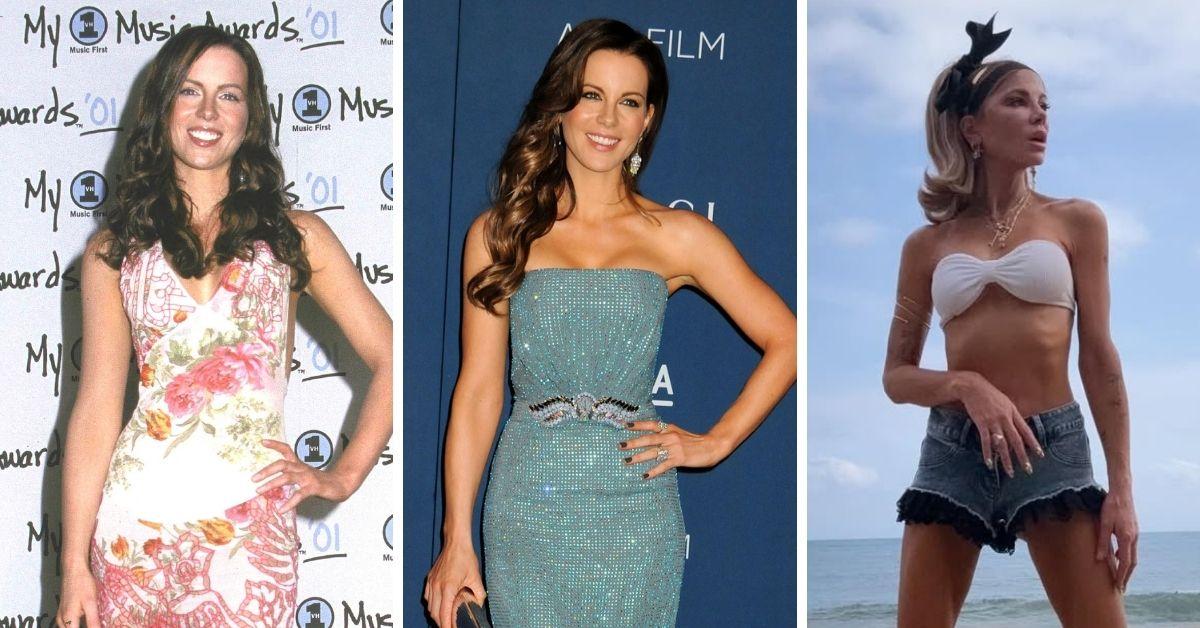Donald Trump Accused of Having Dementia: 17 People Who Spoke About the Ex-POTUS' Cognitive Decline
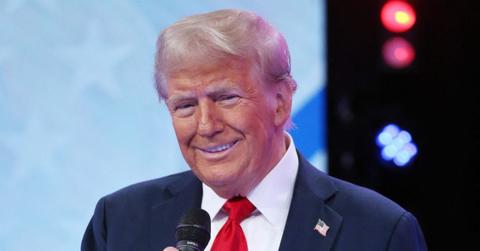
People have shared the 'obvious signs' of Donald Trump's possible dementia or cognitive decline.
Nov. 1 2024, Published 12:30 p.m. ET
Alyssa Farah Griffin
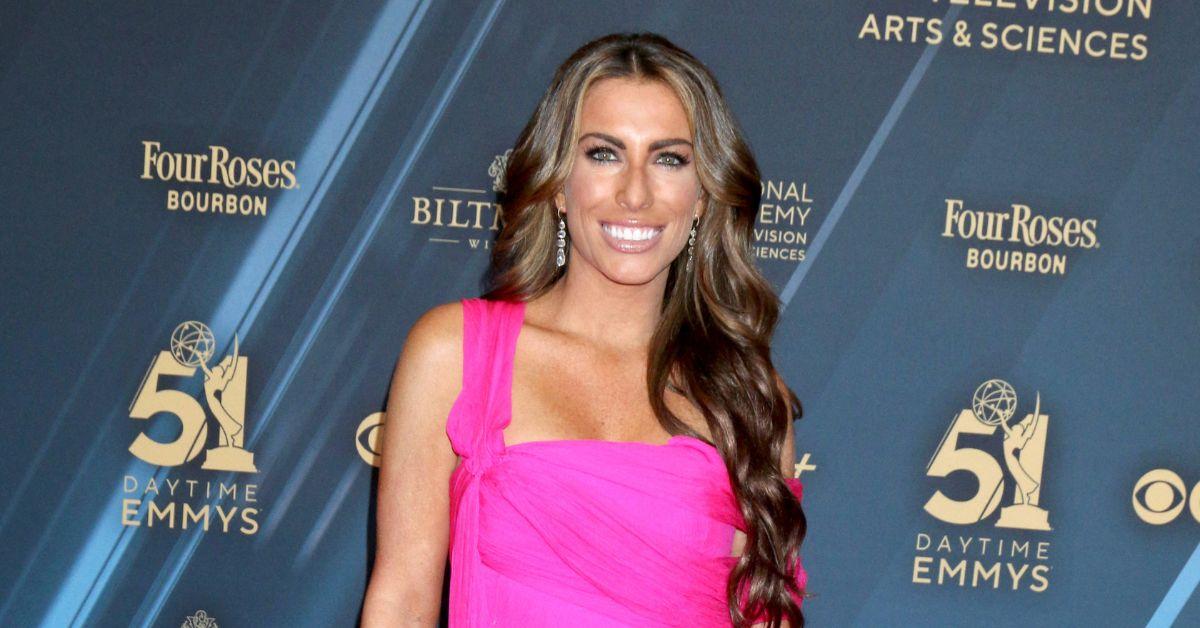
Alyssa Farah Griffin has been open with her thoughts on Trump's mental health.
Speaking with CNN host John Berman, Donald Trump's former aide Alyssa Farah Griffin said the ex-POTUS "is not as sharp as he was in 2016". She shared her opinion amid the buzz surrounding Trump's mental status, as people started thinking he might be battling dementia.
Griffin explained: "Listen, he's never been a super articulate or eloquent person, but he's consistently missing up — uh, mixing up names of heads of state. He's mixing up names like Nancy Pelosi and Nikki Haley. I mean, this is it's gotten worse, it hasn't gotten better."
Dr. Elisabeth Zoffmann
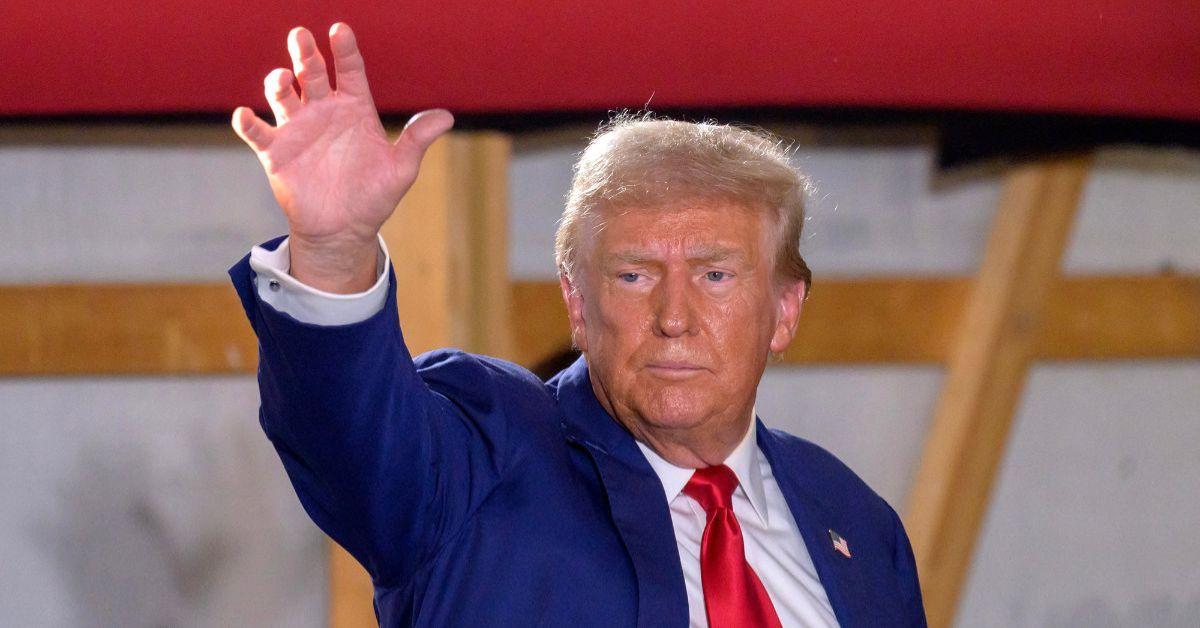
Dr. Zoffmann has noticed changes in the former president's speech patterns and inability to control outbursts.
Dr. Elisabeth Zoffmann, a forensic psychiatrist, shared her preliminary conclusion indicating Trump's cognitive challenges, if not impairment, based on his behavior over the past few months.
Among the signs she mentioned to Salon were changes in Trump's speech patterns, inability to control verbal outbursts, socially inappropriate behavior, and changes in judgment and movement.
Dr. John D. Gartner
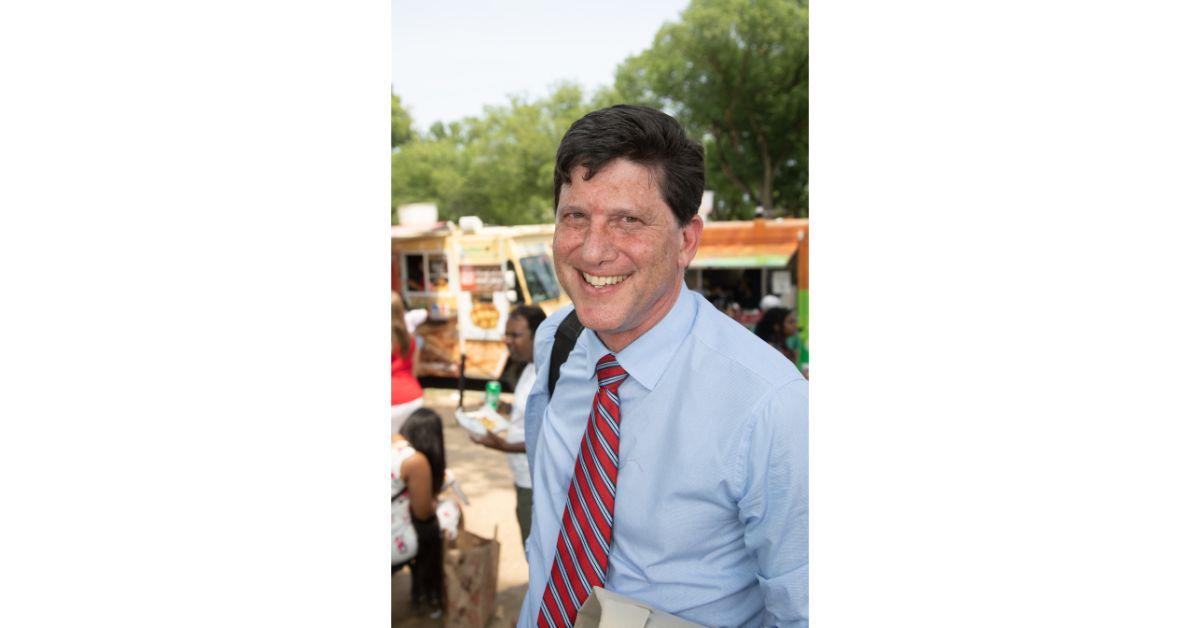
Dr. Gartner believs Trump is 'dangerously demented' when comparing him to President Joe Biden.
In an interview with Salon, famous psychologist Dr. John Gartner spoke about Trump and Joe Biden, comparing their respective cognitive health.
He said: "I had to speak out now because the 2024 election might turn on this issue of who is cognitively capable: Biden or Trump? It's a major issue that will affect some people's votes. Not enough people are sounding the alarm, that based on his behavior, and in my opinion, Donald Trump is dangerously demented."
Gartner continued: "In fact, we are seeing the opposite among too many in the news media, the political leaders and among the public. There is also this focus on Biden's gaffes or other things that are well within the normal limits of aging. By comparison, Trump appears to be showing gross signs of dementia. This is a tale of two brains. Biden's brain is aging. Trump's brain is dementing."
Dr. Kavita Patel
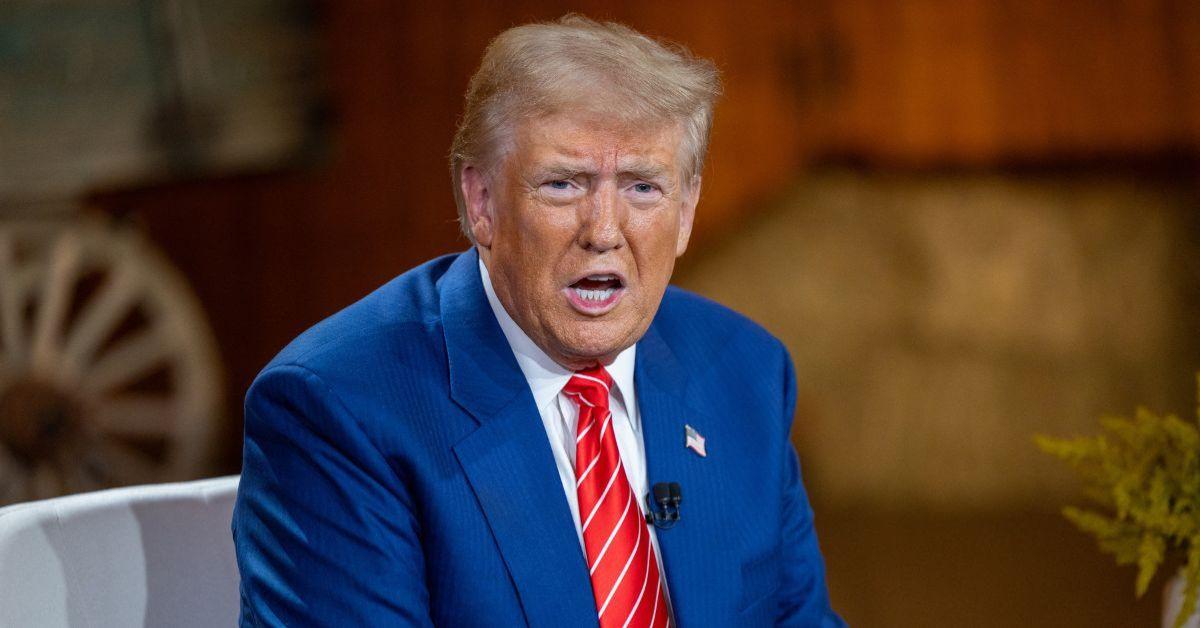
Dr. Patel has been concerned about Trump's 'cognitive fitness'.
In an opinion piece for MSNBC, columnist and primary care physician Dr. Kavita Patel — who has not examined Trump — said she found herself "increasingly concerned about his cognitive fitness."
Part of her article read: "While we must be cautious not to perpetuate ageist stereotypes, we cannot ignore that Trump, who would be the oldest president in American history, is exhibiting such worrisome signs. The presidency is not just any job — it requires sharp mental acuity, sound judgment and the ability to process complex information quickly. Trump's behavior and the lack of credible information about his health, including his cognitive health, are deeply worrisome."
Dr. Lance Dodes

One supervising analyst emeritus released a statement noting Trump's repeated confusion, believing it could be signs of dementia.
Dr. Lance Dodes, a supervising analyst emeritus of the Boston Psychoanalytic Society and Institute and retired Harvard Medical School professor, released a statement noting Trump's repeated confusion about reality could be "overwhelming evidence" of dementia.
Dodes added, referring to the 1967 Presidential Vacancy and Disability that allows a president to be removed if he/she is deemed to be unfit: "If he were to become president he would have to be immediately removed from office via the 25th Amendment as dangerously unable to fulfill the responsibilities of office."
Fred Trump III
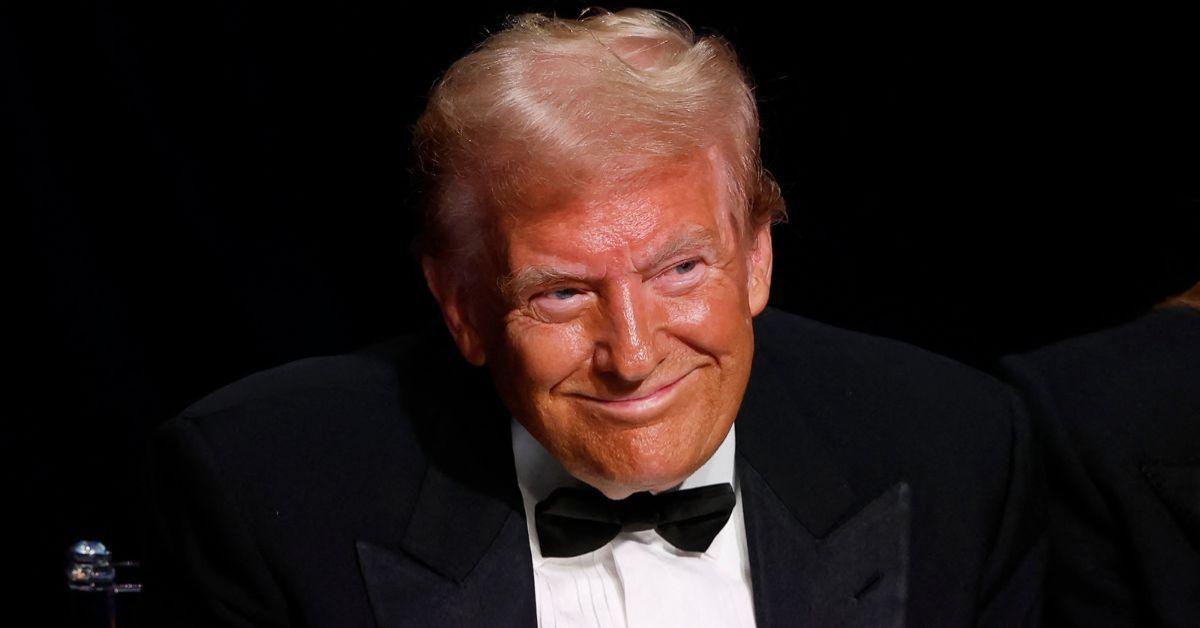
Trump's nephew opened up about his family's history in his book, All in the Family.
Donald's nephew Fred Trump III detailed the family history of dementia in his book, All in the Family: The Trumps and How We Got This Way. In an interview, he revealed he had been seeing signs of cognitive decline in Donald.
Fred said on Sirius XM's The Dean Obeidallah Show: "You know, Donald said, 'Oh, my father was tiptop until the end.' I can assure you, that was not the case," "I know what I saw in my grandfather. I know what I saw in Donald's older sister, my aunt Maryanne, who in the end … I am not a doctor, I don't pretend to be. I just, I know the warning signs from both of my grandfathers."
Jonathan Lemire
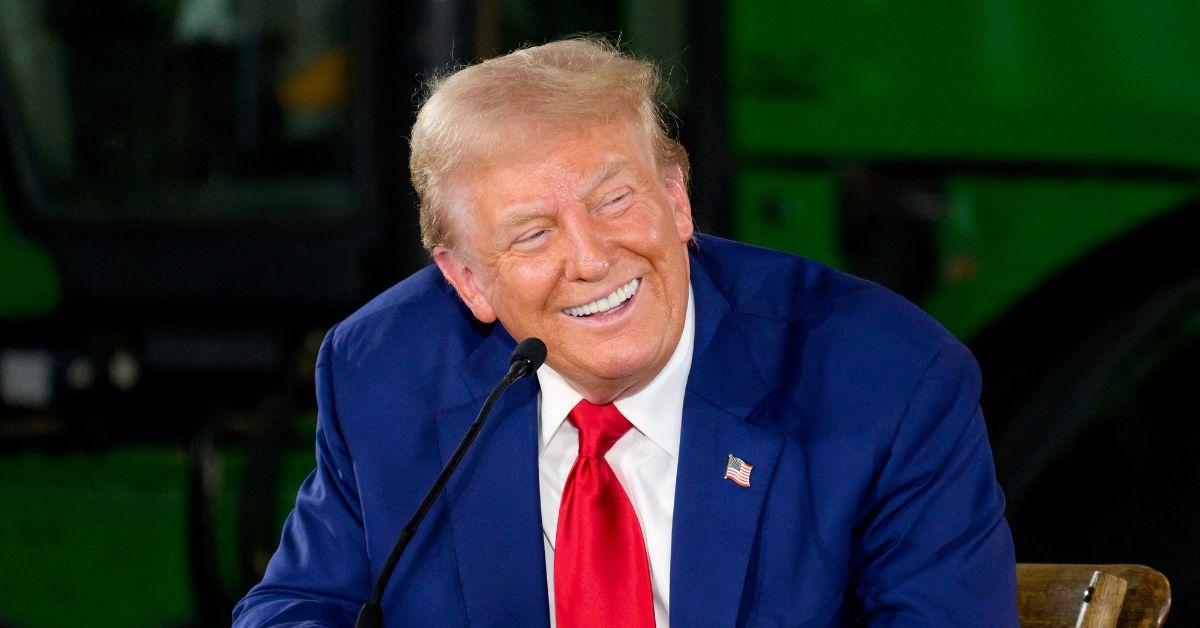
One MSNBC contributor claimed Trump's inner circle have been attempting to cover up his cognitive challenges.
MSNBC contributor Jonathan Lemire claimed that Donald's friends and close confidants have been trying to hide his apparent cognitive challenges.
He added: "We are seeing it night after night on the rally stage, where he seems to even just lose control of the English language. Mika [Brzezinski] cringes, I can't help it either at the end of that clip. His team knows, but they're just forging forward."
MeidasTouch EIC Ron Filipowski
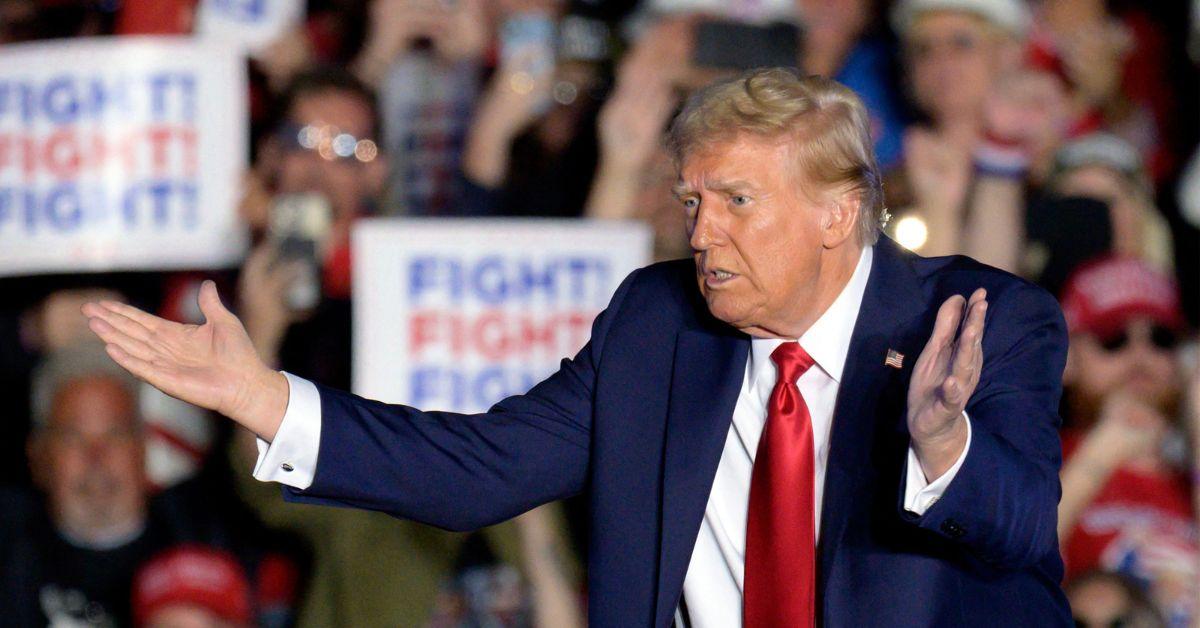
Video proof has been uploaded showing Trump struggling while delivering speeches during rallies.
On X, MeidasTouch Editor-in-Chief Ron Filipkowski uploaded a clip showing 32 signs of Donald having difficulties in delivering his speeches during his Virginia and North Carolina rallies.
He wrote in the caption: "Montage of 32 clips from Trump's two speeches yesterday where he mispronounced words, got confused, mixed up names, forgot names, and babbled insane nonsense," h
Michael Cohen
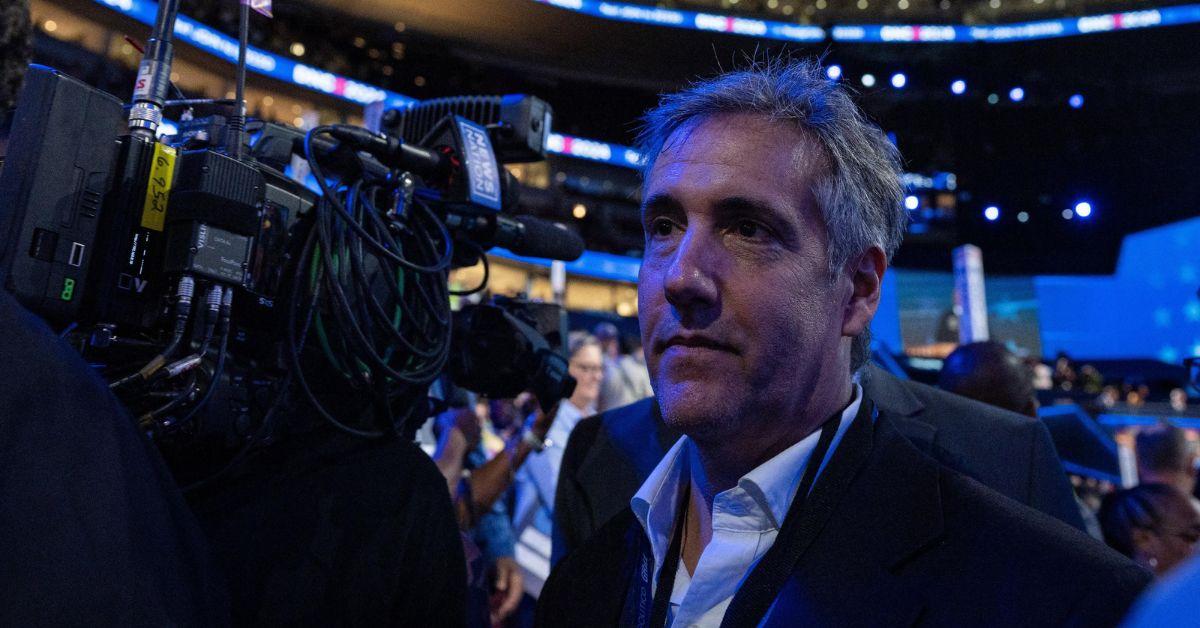
Trump has been seen 'rambling' and dancing onstage during his 2024 campaign trail.
Referring to the town hall event where Trump's one-time employer swayed and waved his arms while on stage, Donald's former personal attorney Michael Cohen told MSNBC: "It appears to be in line with what one would classify as dementia. He starts rambling about anything or everything. He doesn't want to have a conversation anymore so he starts dancing for 40 minutes,"
Nancy Pelosi
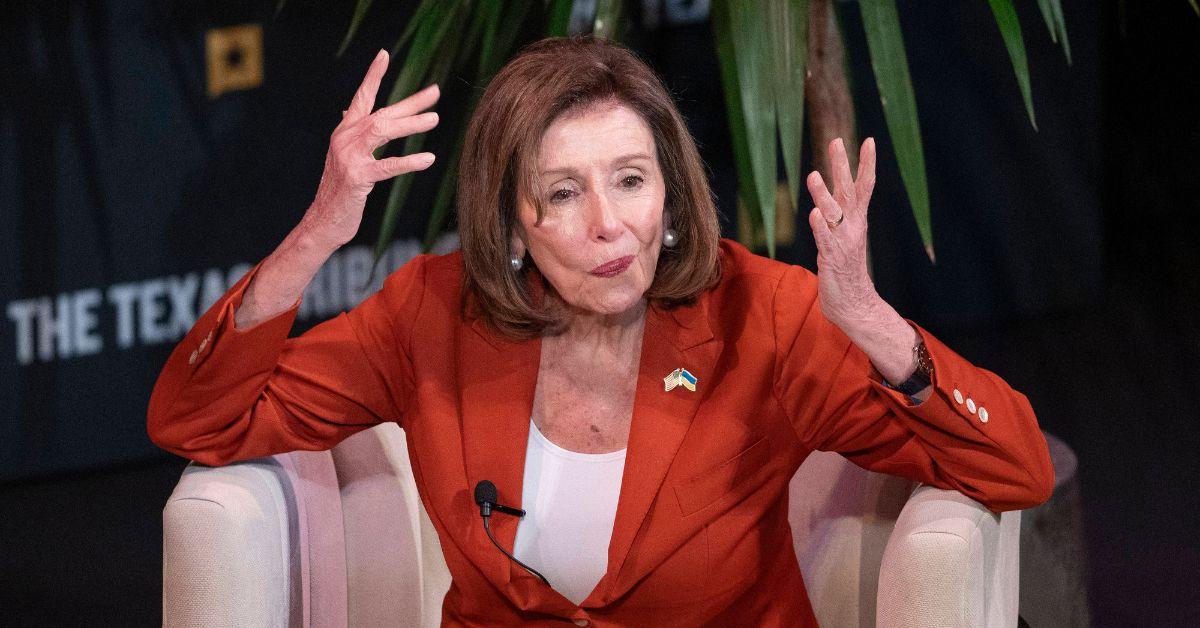
Pelosi injured herself while in Luxembourg.
Former House Speaker Nancy Pelosi claimed there are healthcare professionals "who think Trump has dementia."
She told CNN: "If we're just talking about mental acuity, let's be fair about it. Not even that he lies; that he doesn't know the truth."
Steve Bannon


Producer Ira Rosen claimed a former White House strategist believed Trump was showing signs of early-stage dementia.
Veteran TV producer Ira Rosen appeared on Yahoo News' "Skullduggery" podcast, during which he claimed that former White House strategist Steve Bannon thought Donald was suffering from early-stage dementia.
Ira said: "Steve is a big talker, a big gossiper. He became a source for a lot of media people in Washington."
He also wrote in the book Ticking Clock: Behind the Scenes at 60 Minutes that Steve plotted to remove Donald as president, writing in a text: "You need to do the 25th amendment piece. By the way brother I never steer you wrong."
Tony Schwartz and Tim O’Brien
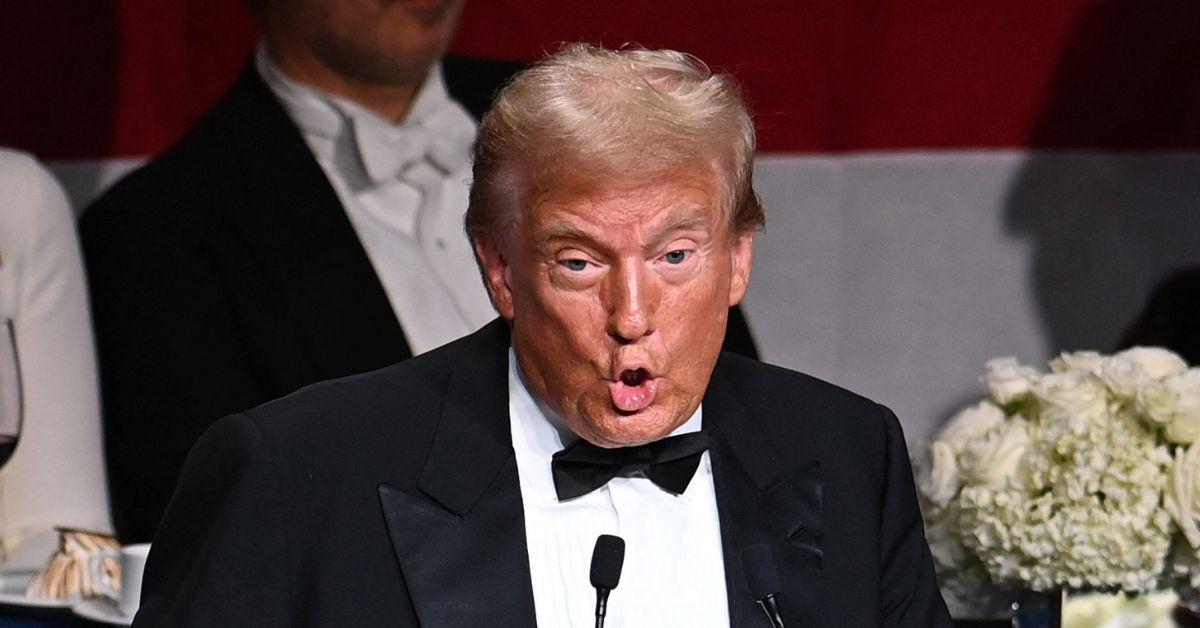
Schwartz and O'Brien noted the current candidate seems to be 'degrading' while noting how his 'speech is slurring'.
Donald's biographers Tony Schwartz and Tim O'Brien joined the discussion over the ex-president's mental abilities, noting that the GOP nominee is "degrading."
Tim said: "His speech is slurring, his mind is slower, he is tired at the end of the day," adding that Donald "loses the plot, he loses the narrative, he loses his train of thought, and he's dangerous and he's not fit to occupy the Oval Office".
Meanwhile, Tony assumed Donald "is clearly moving toward dementia" as he "cannot put sentences together, he loses track of what he's saying, he contradicts himself".
Zenzi Griffin, Ben Michaelis, James Pennebaker and Andrew Budson
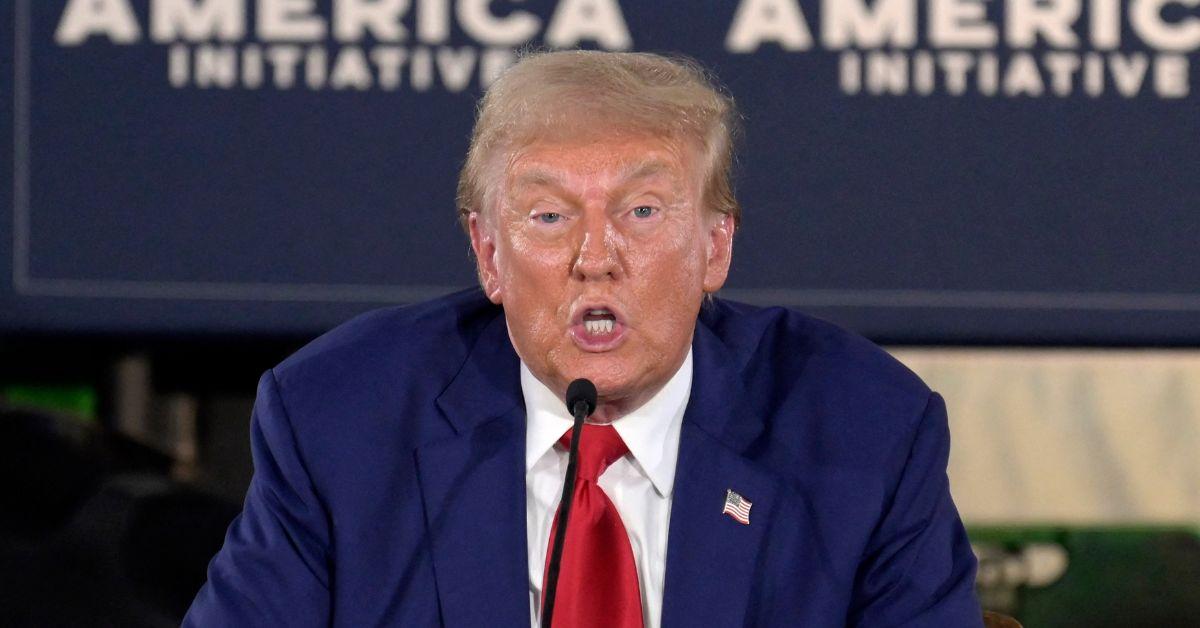
Experts Zenzi Griffin, Ben Michaelis, James Pennebaker, and Andrew Budson shared their opinions about Donald's verbal complexity as the public grew more concerned about his possible cognitive decline.
In an interview with Stat, all four specialists reviewed Donald's recent speeches and commented on their differences from those he gave years ago.
Referring to the times Donald confused people when he spoke about them in his speeches, Ben said: "Everyone to some degree has some level of mixing up of names. It's a bit of a red herring."
Zenzi, a psychology professor at the University of Texas at Austin, agreed: "That level of similarity really makes it an easy error to make."
Ben added there was "reasonable evidence suggestive of forms of dementia", noting that Donald's inability to deliver complex sentences and vocabulary could lead to "a certain picture of cognitive diminishment".
He continued: "Tangentiality certainly amped up and it's difficult to follow him. You'd expect some cognitive diminishment of course, he's 78 years old — if he was your grandfather you wouldn't expect anything different. He just happens to be running for president."
According to Ben, Donald's use of words in an incorrect order might also be a sign of cognitive issues, which could be caused by his age or illnesses.
Meanwhile, Andrew stated that potential issues on The Apprentice star's front lobe could affect his planning and problem-solving functions, adding: "Such a habit could also reflect ADHD or poor sleep, though it can also be a sign of impending Alzheimer's. There are absolutely changes that are occurring, without any doubt. Now, it's much more about evoking different things, using general terms and saying the same thing again and again, then jumping to something else, then jumping back to it."


